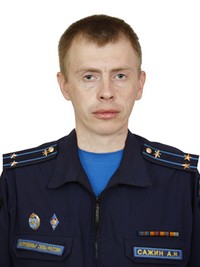 E-mail: 72_Sazhin1981@mail.ru
E-mail: 72_Sazhin1981@mail.ru
Place of work: Air Force Military Educational and Scientific Center ‚ÄúAir Force Academy named after Professor N.¬†E.¬†Zhukovsky and Y.¬†A. Gagarin‚ÄĚ, Voronezh, Russia
Academic degree, academic status: Candidate of Technical Sciences, Associate Professor
Jobtitle: Candidate of Technical Sciences, Associate Professor
Specialty from nomenclature of scientific specialties (Code of Higher Attestation Commission):   05.22.14 ‒ Air transport operation
Scientific major: aircraft robustness, damage rate, repair capability, survivability
Important publications:
- Podoljak M. P. K voprosu o perspektivnyh soedinenijah aviacionnyh konstrukcij iz polimernyh kompozicionnyh materialov / M.P. Podoljak, A.N. Sazhin // Nauchnyj vestnik Moskovskogo gosudarstvennogo tehnicheskogo universiteta grazhdanskoj aviacii. 2008. ‚ĄĖ 130. S. 172-180.
- Sazhin N.A., Sazhin A. N., i dr. Patent Rossijskoj Federacii RU ‚ĄĖ 2 261 374 S2, MPK7F 16 B 19/06, B 21 J 15/02. Zakljopka i sposob poluchenija neraz#jomnogo zakljopochnogo soedinenija; Federal’naja sluzhba po intellektual’noj sobstvennosti; 27.09.2005, Bjul. ‚ĄĖ27. ‚Äď 6 s. : il.
- Sazhin A.N., Sazhin N.A., i dr. Patent Rossijskoj Federacii RU ‚ĄĖ 2 582 472 S1, MPK7F 16 B 19/06 (2006.01), B 21 J 15/02 (2006.01). Zaklepka i sposob poluchenija neraz#emnogo zaklepochnogo soedinenija; Federal’naja sluzhba po intellektual’noj sobstvennosti; 27.04.2016, Bjul. ‚ĄĖ12. ‚Äď 6 s.: il.
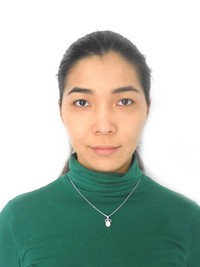 E-mail: z.urmanova@mail.ru
E-mail: z.urmanova@mail.ru


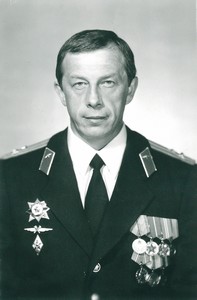


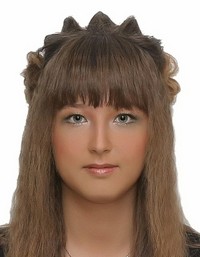
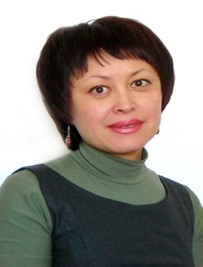 E-mail: 
E-mail: 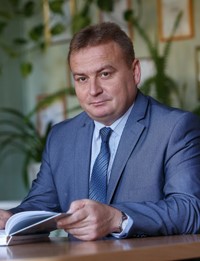 E-mail:
E-mail: